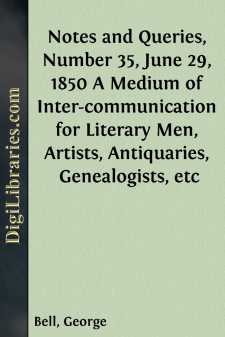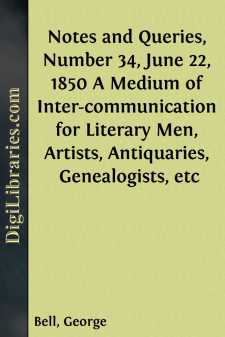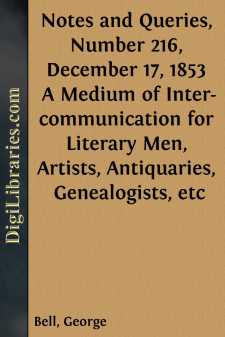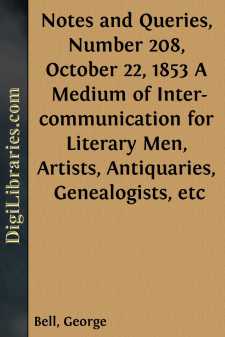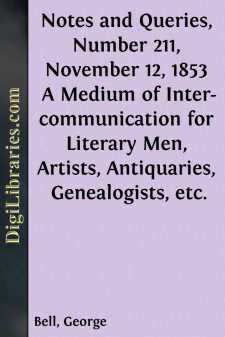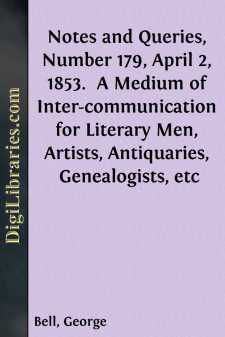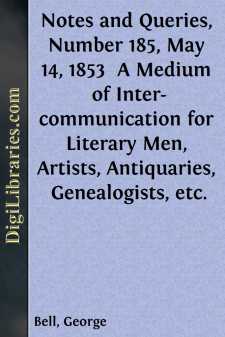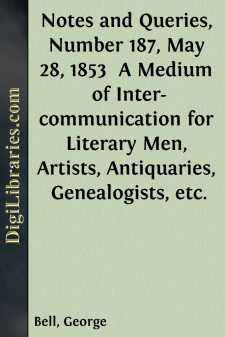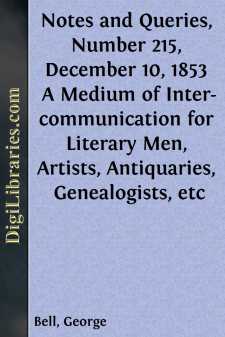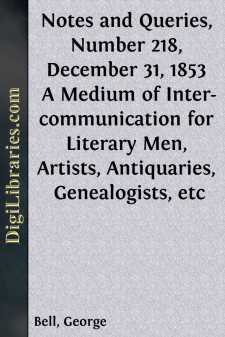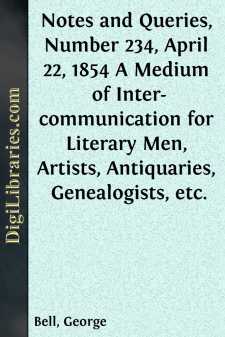Categories
- Antiques & Collectibles 13
- Architecture 36
- Art 48
- Bibles 22
- Biography & Autobiography 816
- Body, Mind & Spirit 145
- Business & Economics 28
- Children's Books 18
- Children's Fiction 14
- Computers 4
- Cooking 94
- Crafts & Hobbies 4
- Drama 346
- Education 58
- Family & Relationships 59
- Fiction 11831
- Foreign Language Study 3
- Games 19
- Gardening 17
- Health & Fitness 34
- History 1378
- House & Home 1
- Humor 147
- Juvenile Fiction 1873
- Juvenile Nonfiction 202
- Language Arts & Disciplines 89
- Law 16
- Literary Collections 686
- Literary Criticism 179
- Mathematics 13
- Medical 41
- Music 40
- Nature 179
- Non-Classifiable 1768
- Performing Arts 7
- Periodicals 1453
- Philosophy 66
- Photography 2
- Poetry 897
- Political Science 203
- Psychology 45
- Reference 154
- Religion 516
- Science 126
- Self-Help 86
- Social Science 82
- Sports & Recreation 34
- Study Aids 3
- Technology & Engineering 59
- Transportation 23
- Travel 463
- True Crime 29
Our website is made possible by displaying online advertisements to our visitors.
Please consider supporting us by disabling your ad blocker.
Notes and Queries, Number 35, June 29, 1850 A Medium of Inter-communication for Literary Men, Artists, Antiquaries, Genealogists, etc
by: George Bell
Categories:
Description:
Excerpt
GEORGE GORING, EARL OF NORWICH, AND HIS SON GEORGE, LORD GORING.
G.'s inquiry (Vol. i., p. 22.) about the two Gorings of the Civil War—a period of our history in which I am much interested—has led me to look into some of the sources of original information for that time, in the hope that I might be enabled to answer his Queries. I regret I cannot yet answer his precise questions, when Lord Goring the son was married, and when and where he died? but I think the following references to notices of the father and the son will be acceptable to him; and I venture to think that the working out in this way of neglected biographies, is one of the many uses to which your excellent periodical may be applied.
Confusion has undoubtedly been made between the father and son by careless compilers. But whoever carefully reads the passages of contemporary writers relating to the two Gorings, and keeps in mind that the title of Earl of Norwich, given by Charles I. in November, 1644, to the father, was not recognised by the parliamentary party, will have no difficulty in distinguishing between the two. Thus it will be seen in two of the passages which I subjoin from Carte's Letters, that in 1649 a parliamentarian calls the father Lord Goring, and Sir Edward Nicholas calls him Earl of Norwich.
Burke, in his Dormant and Extinct Peerages, vol. iii., makes the mistake of giving to the father the son's proceedings at Portsmouth at the beginning of the Civil War.
Lord Goring the son, then Colonel Goring, commanding a regiment in the Low Countries, was, at the siege of Breda, September, 1637, severely wounded in the leg, and had a narrow escape of losing it. Sir William Boswell, the English ambassador at the Hague, writes to Bramhall, then Bishop of Derry, and afterwards Archbishop of Armagh:—
"Colonel Goring having the guard of the English in the approaches, was shot so dangerously cross the shin of his leg, a little above his ankle, as the chirurgion at first resolved to cut off his leg to save his life; but upon second thoughts, and some opposition by one of them against four, they forebare; and now, thanks be to God, he is gotten out of danger of losing life or leg this bout: his excellent merits caused a great sorrow at his misfortune, and now as great comfort in the hope of his recovery"—(Rawdon Papers, p. 39.)
That the son was already married to Lady Letitia Boyle at Christmas, 1641, appears from a letter of the Earl of Cork, the lady's father, to the Earl of Norwich (at that time Lord Goring), in Lord Orrery's State Letters (vol. i. p. 5. Dublin edition):—
"I have scarce time to present my service to you and your lady, and to George and my poor Letitia, whom God bless."
In Carte's Collection of Letters (vol. i. p. 359.) is a letter from Lord Byron, dated "Beauvois, March 1-11, 1650," to the Marquis of Ormond, stating that Lord Goring the son has come to Beauvois, and is on his way to Spain, about the settlement of a pension which had been promised him there, and also to endeavour to get arms and money for the King's service in Ireland; and that, having settled his business in Spain, he desires nothing better than to serve as a volunteer under Ormond for King Charles....


